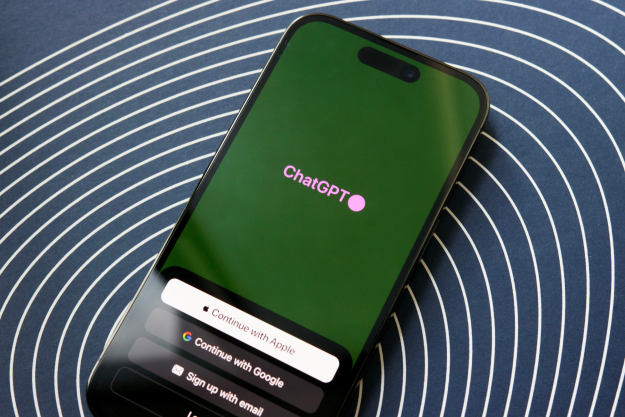More than 9,000 authors have signed an open letter to leading tech firms expressing concern over how they’re using their copyrighted work to train AI-powered chatbots.
Sent by the Authors Guild to CEOs of OpenAI, Alphabet, Meta, Stability AI, IBM, and Microsoft, the letter calls attention to what it describes as “the inherent injustice in exploiting our works as part of your AI systems without our consent, credit, or compensation.”
Signed by famous novelists such as Dan Brown, James Patterson, Jennifer Egan, David Baldacci, and Margaret Atwood, it adds: “These technologies mimic and regurgitate our language, stories, style, and ideas. Millions of copyrighted books, articles, essays, and poetry provide the ‘food’ for AI systems … You’re spending billions of dollars to develop AI technology. It is only fair that you compensate us for using our writings, without which AI would be banal and extremely limited.”
Chatbots like OpenAI’s ChatGPT and Google’s Bard have gained much attention in recent months for their impressive ability to converse in a natural, human-like way. Indeed, they’re so powerful that many analysts believe that more advanced versions of the technology will replace a huge number of jobs, transforming society in the process.
But training the chatbots involves scraping huge amounts of data from the web, including the work of authors.
“These works are part of the fabric of the language models that power ChatGPT, Bard, and other generative AI systems,” the Authors Guild said in a statement about the letter. “Where AI companies like to say that their machines simply ‘read’ the texts that they are trained on, this is inaccurate anthropomorphizing. Rather, they copy the texts into the software itself, and then they reproduce them again and again.”
The letter’s signatories are asking that the firms obtain permission for the use of copyrighted material in their generative AI tools. They also want writers to be paid for the past and ongoing use of works, and also for the use of works in AI output.
Most of the tech firms have yet to offer a public response, though OpenAI told the Wall Street Journal that ChatGPT is trained on “licensed content, publicly available content, and content created by human AI trainers and users.”
The letter comes a week after American comedian Sarah Silverman and two authors — Richard Kadrey and Christopher Golden — filed copyright infringement lawsuits against OpenAI and Meta, accusing them of using their content without permission to train AI-powered chatbots.
The action by the Authors Guild and Silverman points to growing problems for the tech firms when it comes to handling claims over copyright which could take considerable time to resolve.
Editors' Recommendations
- Even OpenAI has given up trying to detect ChatGPT plagiarism
- What is a DAN prompt for ChatGPT?
- Google Bard can now speak, but can it drown out ChatGPT?
- ChatGPT website traffic has fallen for the first time
- OpenAI building new team to stop superintelligent AI going rogue


